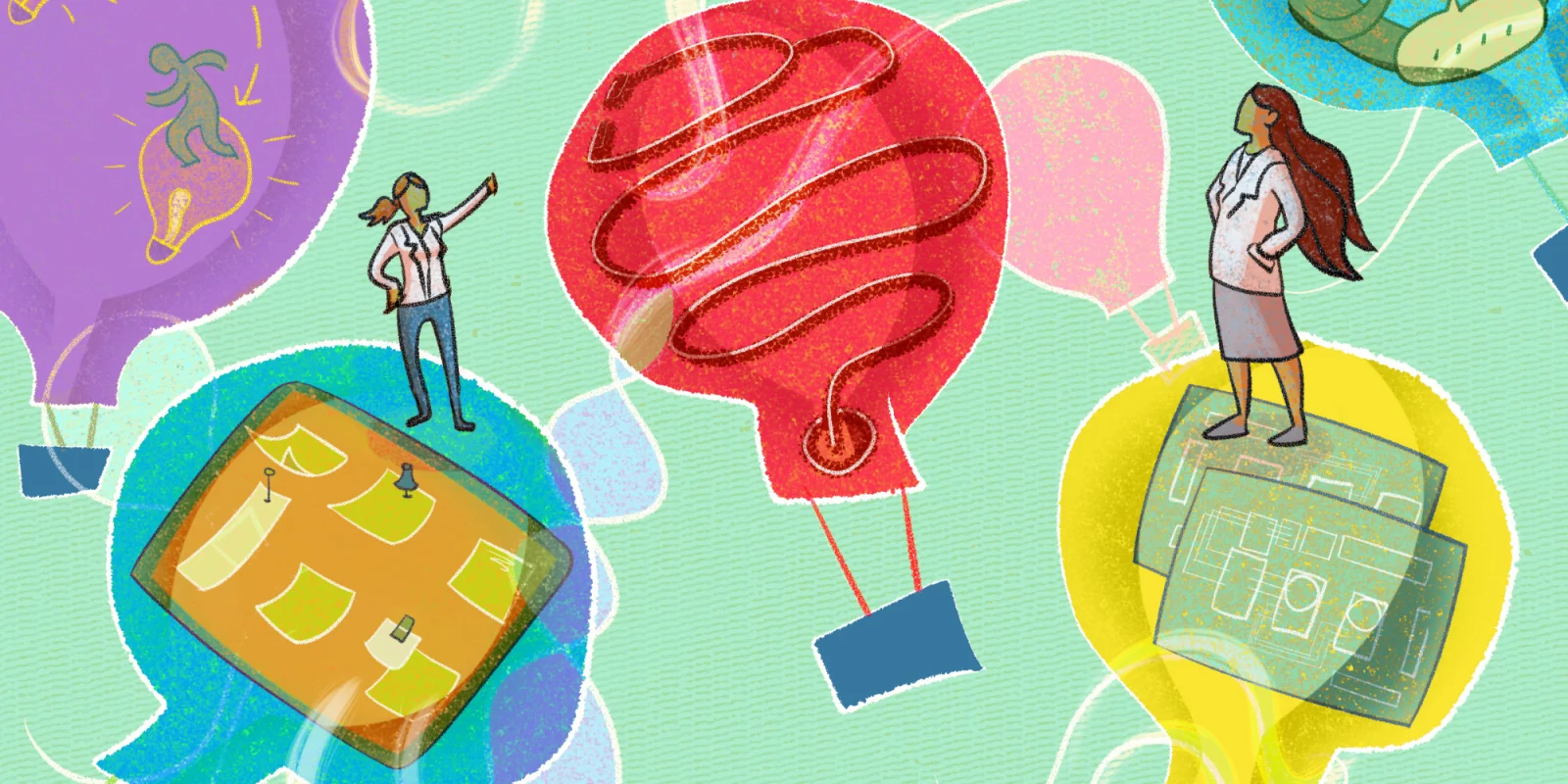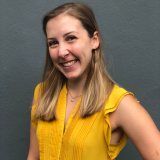
Dr. Bonnie Mason has a challenge for all women: be a void filler.
Dr. Mason, ACGME’s Vice President of Diversity and Inclusion, author, mentor, co-founder of Beyond the Exam Room, and founder of Nth Dimensions, practices what she preaches, inhabiting multiple roles.
In her role at ACGME, Dr. Mason strives to ensure there is a safe and equitable learning environment for all trainees and residents.
“I'm excited about this work because medical education has not always been as friendly to diverse learners,” Dr. Mason said. “I mean, it's really our responsibility to make sure that we advocate for that safe and equitable learning environment for all women, minoritized individuals, and for all learners, and that we use our voices in order to do so.”
Dr. Mason emphasized that women support and advance those below them, as promoting a better learning environment — based on domains that include race, ethnicity, gender and sexual orientation, language preference, ability or disability, and socioeconomic backgrounds — starts at the top.
She also pointed out that just because you had to struggle, that doesn’t have to be the experience for the next generation.
“As women in medicine, it's been a tough road. And then sometimes if we're not careful, we can be perpetuators of some of the harm that's been done to us from an unintended perspective,” she said.
Dr. Mason is familiar with that struggle. As a Black female physician who wanted to specialize in orthopaedic surgery, “the answer was always no.” Dr. Mason tried to combat this by finding ways to become skilled in multiple arenas, and encourages other women to diversify their interests. She also started Nth Dimensions to encourage more women and underrepresented minorities to enter orthopaedic surgery.
“What I want for women to do is fill a void. I want us to identify an issue, come up with a solution, and activate it. We are multifaceted, multitalented, have multiple intelligences that I think we can leverage,” Dr. Mason said. Being multitalented is sometimes difficult to remember in medicine, where doctors are made to specialize, but women are experts at driving complex solutions in her opinion.
When Dr. Mason was forced into retirement due to rheumatoid arthritis after only a few years as an orthopaedic surgeon, she grieved the loss of her medical career, asked for support from her network, while fulfilling the role as a physician administrator, running her own two-person, private practice.
“I was the business person with no business background,” she said. Her experience opened her eyes to all she wasn’t taught in medical school about contracts and negotiations. She was inspired to help her colleagues, and started Beyond the Exam Room to help doctors understand the business of health care. As she puts it, “doctors are in health care, health care is a business. Therefore, doctors are in business.”
But she wanted to go further in educating physicians, and published The Doctor’s Ultimate Guide to Contracts and Negotiations. She believes doctors should view negotiations as self-advocacy just as doctors do for patients.
Dr. Mason believes in self-empowerment and growing through mentorship. She remembers how her role models handled being told “no” and how she learned from their reactions. It taught her to be “coachable at every stage of my career.”
“[Being mentored] requires us to receive feedback that may not always be, ‘Oh, you're so wonderful and always glowingly positive,’ but I understand that professional growth is a process. Referencing this process, I embrace the use of the word ‘alchemy,’ where you have to be molded some in order to understand how to navigate the terrain. And you want to find people, these mentors who are going to give it to you straight, who are going to give you the positive, but also the negative or the feedback that allows you to address your areas in need of improvement in a way that it doesn't deflate or undermine our confidence. If these are trusted mentors, we have to know that the feedback is coming from a place of caring and that if you didn't do something right, you want somebody to correct it even if it makes us feel uncomfortable,” she said.
One way to do this is to intentionally diversify who your mentors are, both in sex and race, and to pay it forward by mentoring those who may not look like you.
Her best lessons to remember come from the Girls Scouts and a former attending.
First, “be prepared.” Before her retirement, Dr. Mason had invested in an own-occupation disability insurance policy, which made her forced retirement more bearable. She encourages all physicians to invest in their future similarly.
“And [lesson] number two,” she said, “I had an attending that said, ‘life's got a paddle for everybody's behind.’ Meaning that we can't expect that life isn't going to throw you some curve balls. So, our job is to be prepared and to prepare those coming behind us to adapt and manage the professional and personal challenges that come our way. In the end, it is up to women to advocate, support, and help each other navigate through said challenges.”
Illustration by April Brust







